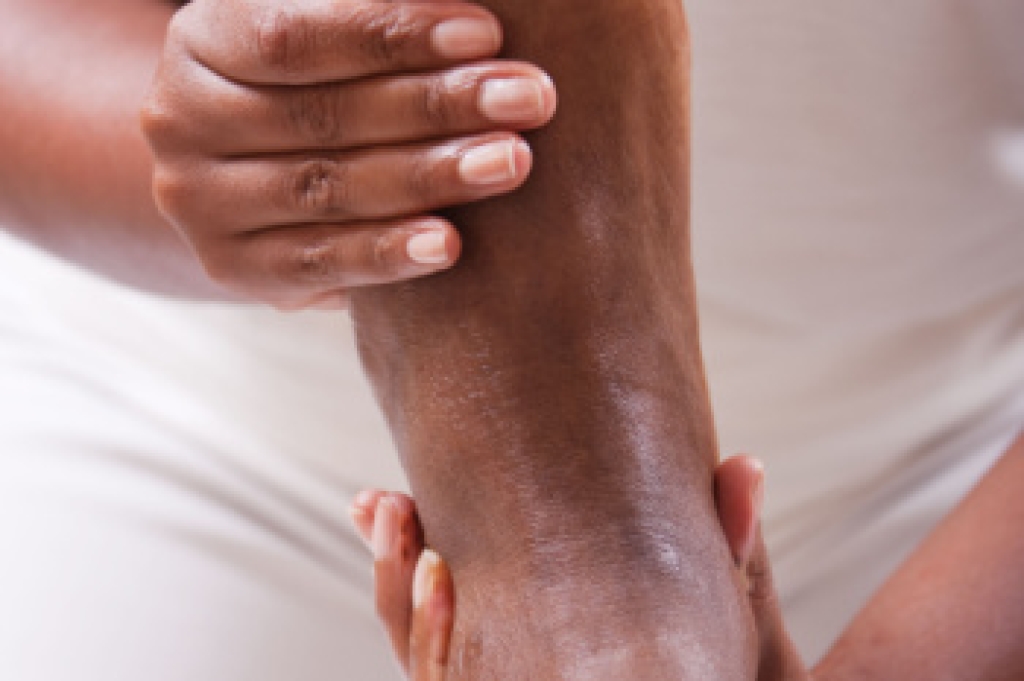
Exercise can be a powerful tool for managing foot arthritis, when done correctly. Movement helps nourish joints, reduce stiffness, and support daily mobility. One helpful option is toe curls. While seated, place a towel on the floor and gently scrunch it toward you using your toes. Another exercise is ankle circles. Lift one foot and slowly rotate the ankle in both directions to improve flexibility. Calf stretching can also ease pressure on arthritic foot joints. Stand facing a wall, keep one heel down, and lean forward until a stretch is felt. Exercises should be slow and controlled, stopping before pain increases. Consistency matters more than intensity and supports long-term joint health overall. When foot arthritis limits comfort, balance, or walking ability, it is suggested that you see a podiatrist for relief options.
Arthritis can be a difficult condition to live with. If you are seeking treatment, contact Daniel Bell, DPM from Florida. Our doctor can provide the care you need to keep you pain-free and on your feet.
Arthritic Foot Care
Arthritis is a joint disorder that involves the inflammation of different joints in your body, such as those in your feet. Arthritis is often caused by a degenerative joint disease and causes mild to severe pain in all affected areas. In addition to this, swelling and stiffness in the affected joints can also be a common symptom of arthritis.
In many cases, wearing ill-fitting shoes can worsen the effects and pain of arthritis. Wearing shoes that have a lower heel and extra room can help your feet feel more comfortable. In cases of rheumatoid arthritis, the arch in your foot may become problematic. Buying shoes with proper arch support that contour to your feet can help immensely.
Alleviating Arthritic Pain
- Exercises that stretch the foot can prevent further pain and injury and increase mobility
- Most of the pain can be alleviated with anti-inflammatory drugs, heat, and topical medications
- Massages can help temporarily alleviate pain.
It is best to see your doctor for the treatment that is right for your needs and symptoms. Conditions vary, and a podiatrist can help you determine the right method of care for your feet.
If you have any questions please feel free to contact our office located in Pembroke Pines and Plantation, FL . We offer the newest diagnostic tools and technology to treat your foot and ankle needs.




